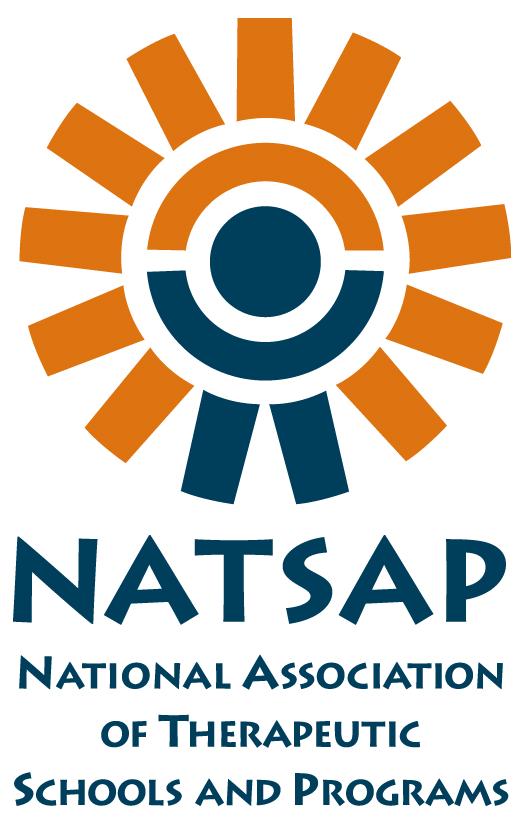ADHD (Attention Deficit Hyperactivity Disorder) is defined as someone experiencing significant difficulties with inattentiveness or hyperactivity and impulsive behavior or a combination of the two.
You may be familiar with the acronym, ADD (Attention Deficit Disorder) which was used to describe people that experienced difficulty paying attention without the hyperactivity and impulsive component. Most medical and therapeutic communities no longer use the term ADD since the definition of ADHD (Attention Deficit Hyperactivity Disorder) includes it.
Many times kids having difficulty paying attention go undiagnosed because they are not a ‘behavior problem.’ Do you see several of the following symptoms in your son?
Inattentive symptoms
- Fails to give close attention to details or makes careless mistakes in schoolwork
- Has difficulty keeping attention during tasks or play
- Does not seem to listen when spoken to directly
- Does not follow through on instructions and fails to finish schoolwork, chores, or duties in the workplace
- Has difficulty organizing tasks and activities
- Avoids or dislikes tasks that require sustained mental effort (such as schoolwork)
- Often loses things, assignments, pencils, books, or tools needed for tasks or activities
- Is easily distracted
- Is often forgetful in daily activities
You must take seek help for your son. There is no cure for ADHD. According to Medscape Medical News, a study published in Pediatrics stated that nearly 57% of adults with childhood ADHD had at least one other mental health issue as adults, compared with 35% of adults without childhood ADHD. The most common mental health problems were substance abuse or dependence, antisocial personality disorder, mild forms of mania, generalized anxiety, and major depression.
Death from suicide was nearly five times higher among adults with childhood ADHD, according to the researchers.
ADHD cannot be ignored. If your son is having severe problems with ADHD and your current course of treatment is not successful, there is another alternative. That alternative is residential treatment. Not all residential treatment centers (RTC) are the same.
Triumph Youth Services offers a small, highly structured family environment for youth. In addition, the small class sizes provide more individual attention to students.
Our staff members are trained to handle issues with ADHD and other special needs students, including those with Individual Education Plans (IEP’s). The clinical staff has trained and licensed therapists that can provide a variety of therapy options and has been successful working with students with ADHD.
Call Triumph Youth Services today for more information.
Reference:
http://www.ncbi.nlm.nih.gov/pubmedhealth/PMH0002518/
http://www.webmd.com/add-adhd/news/20130304/childhood-adhd-adulthood








